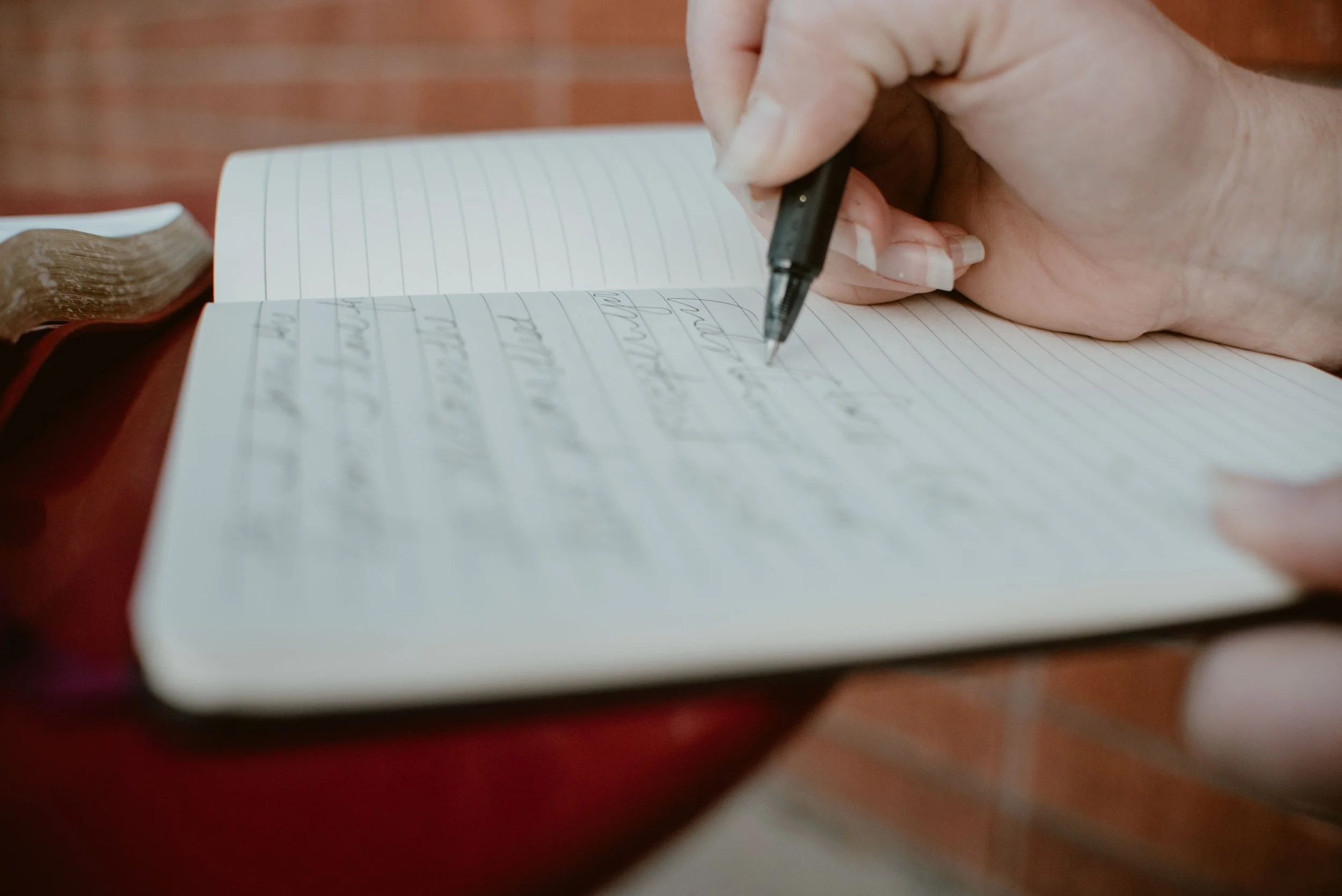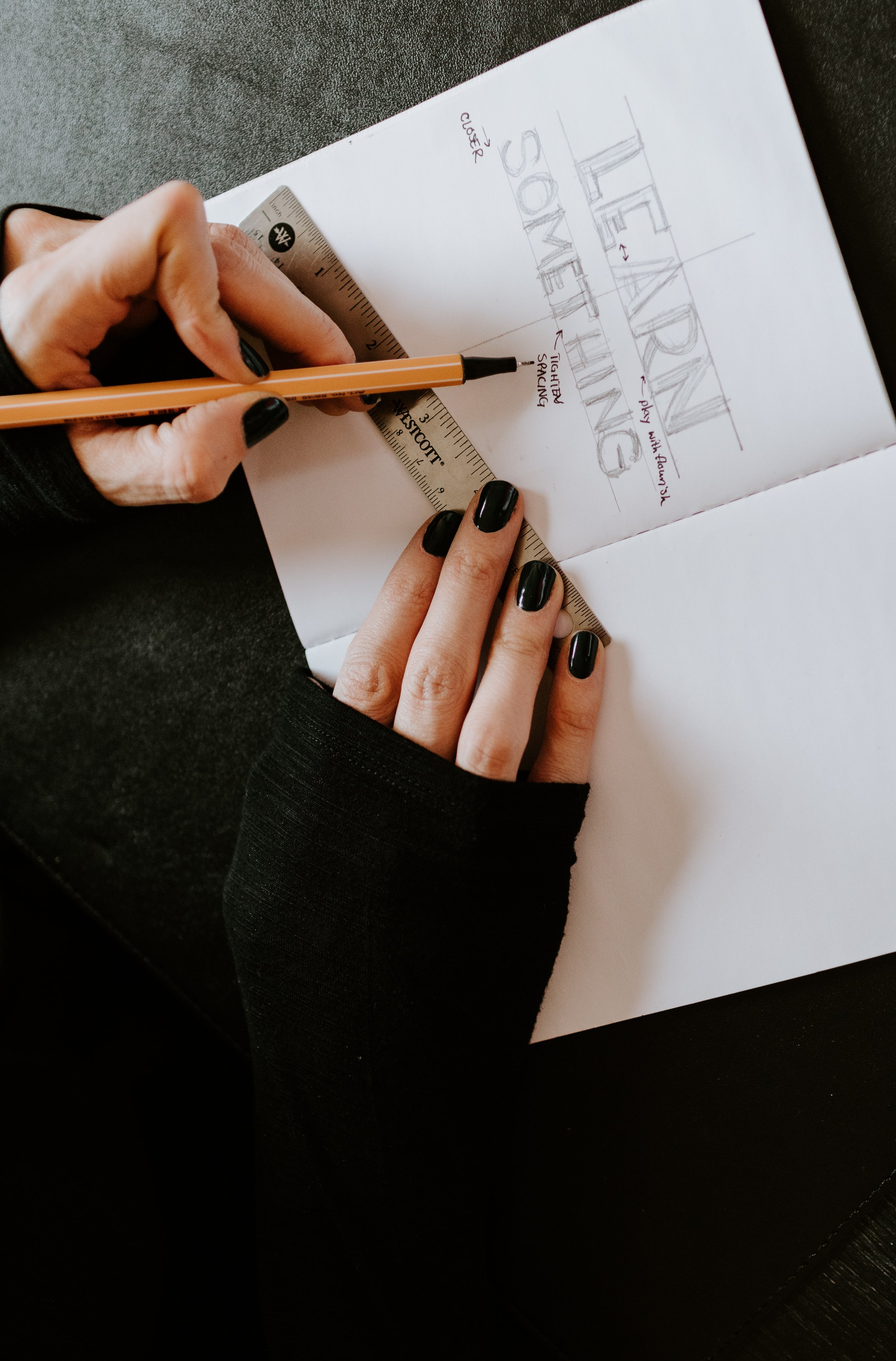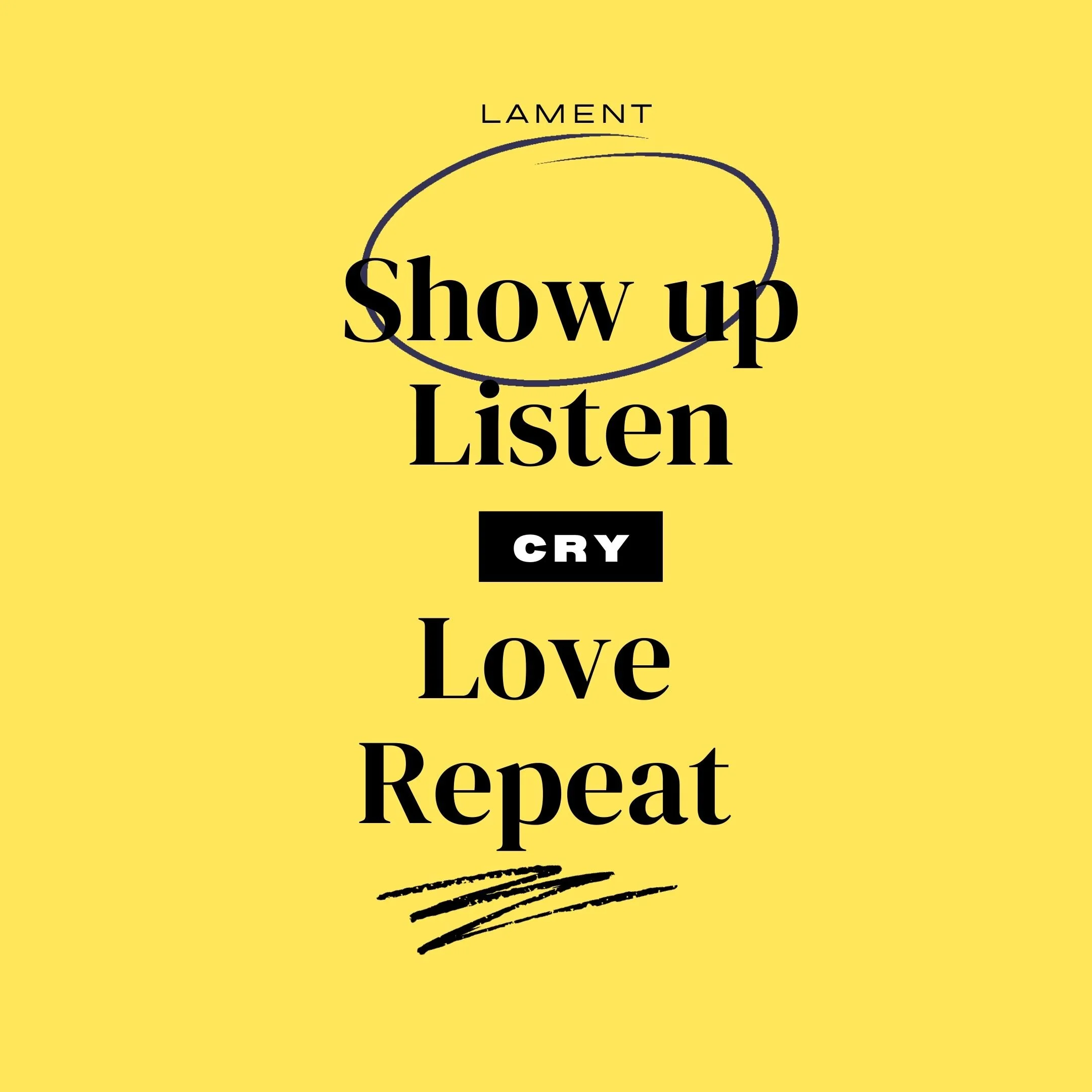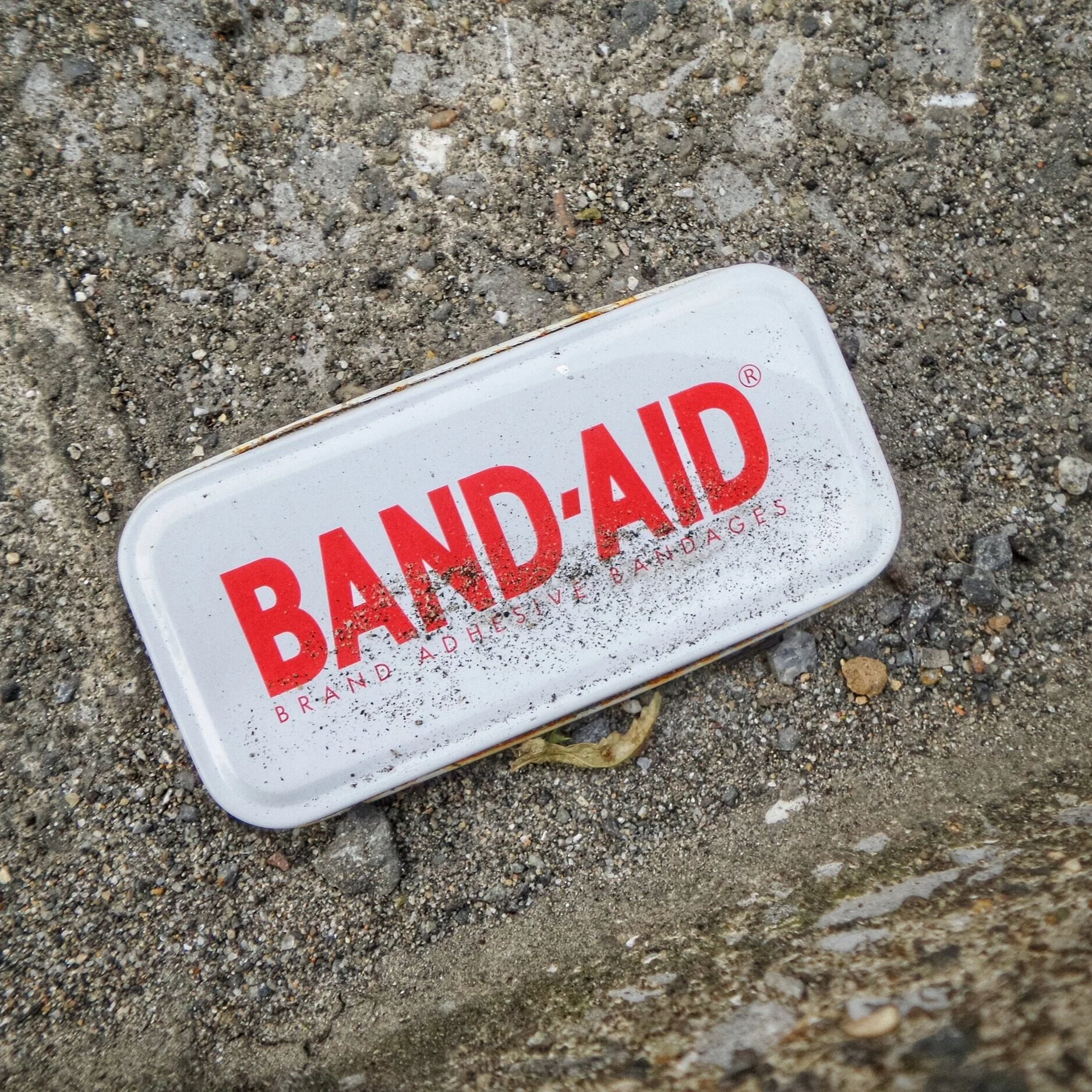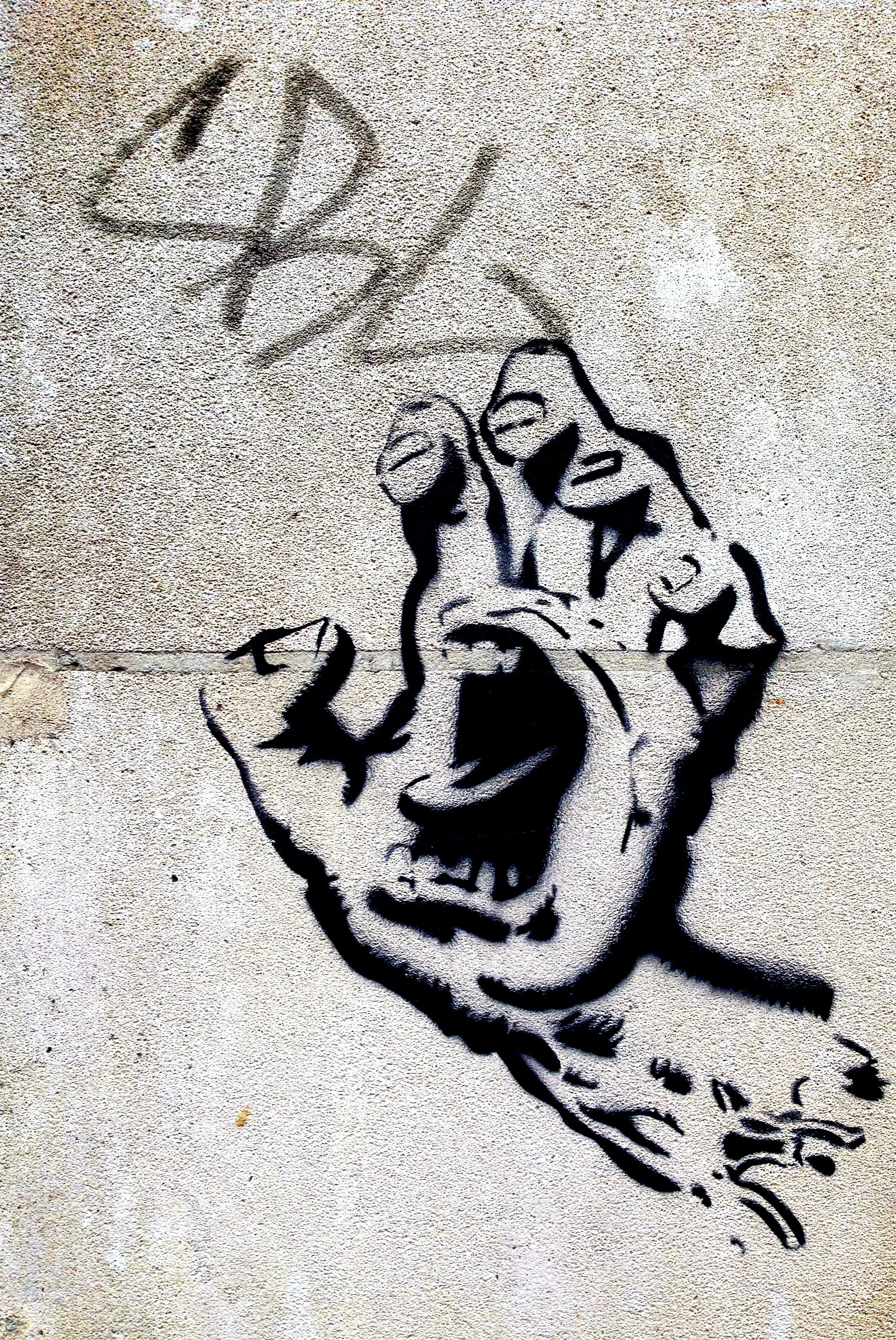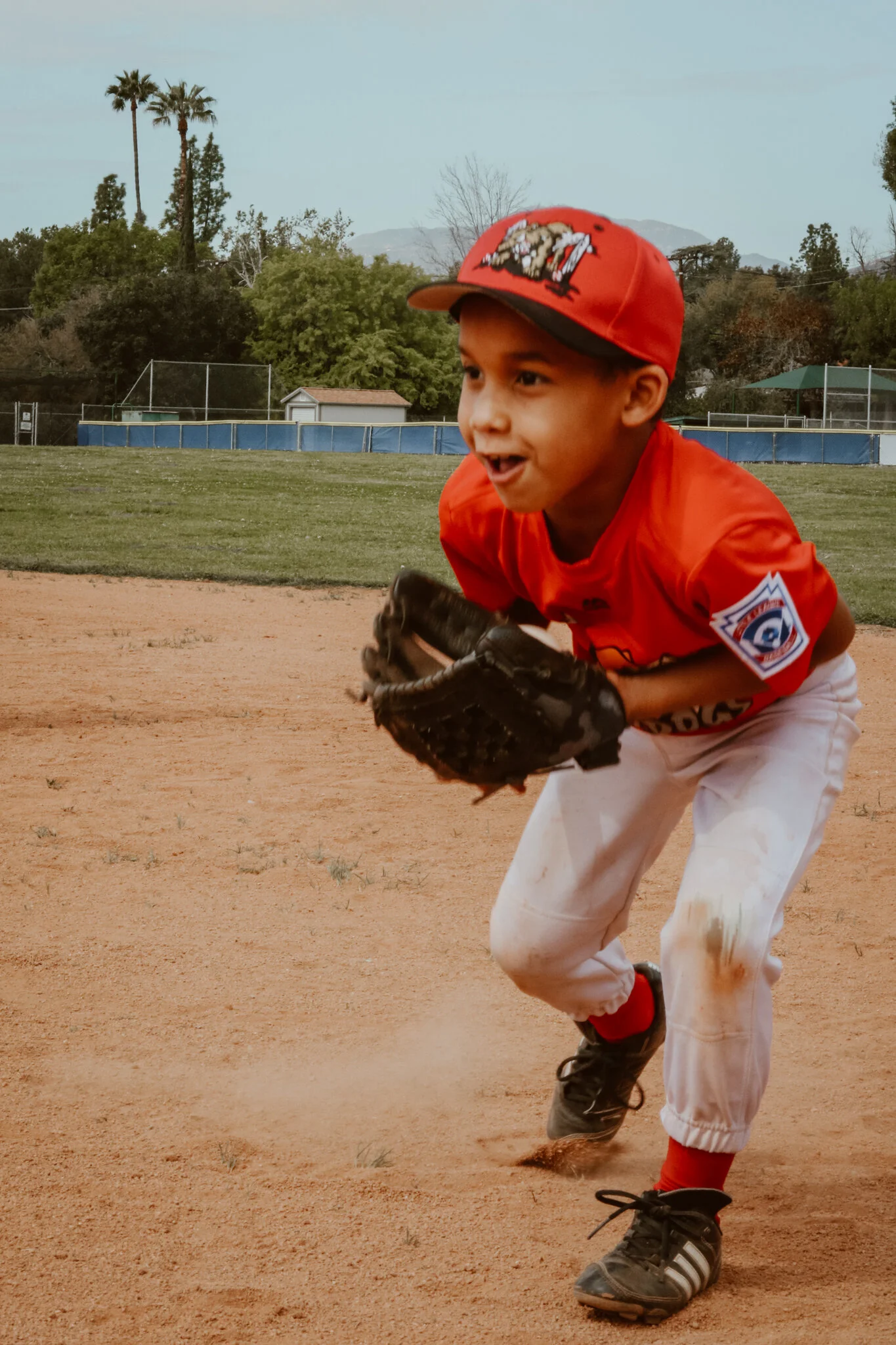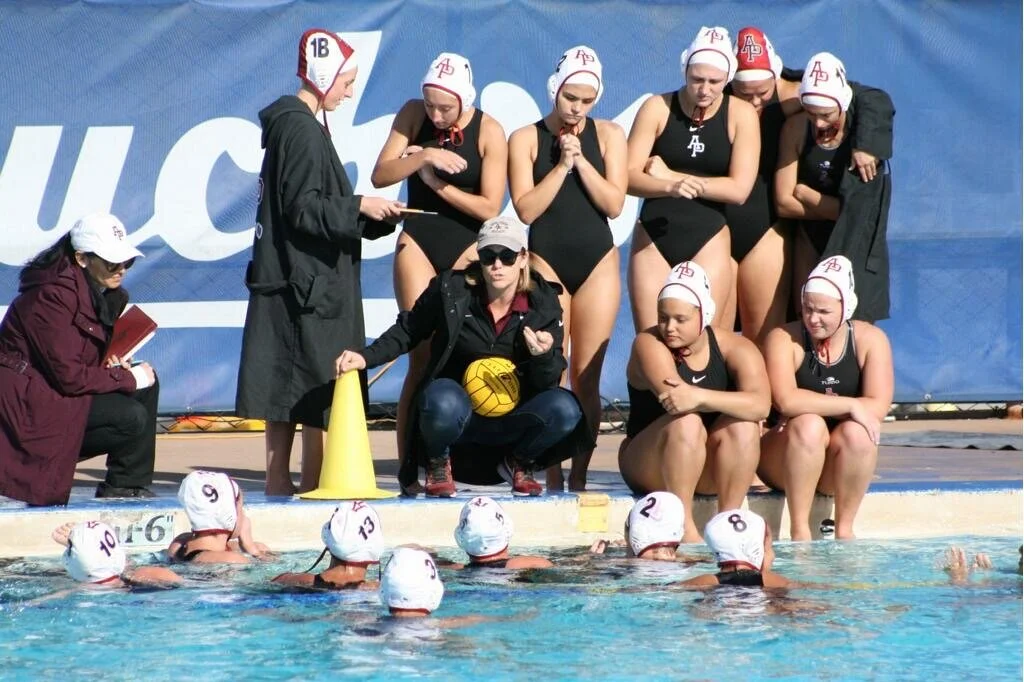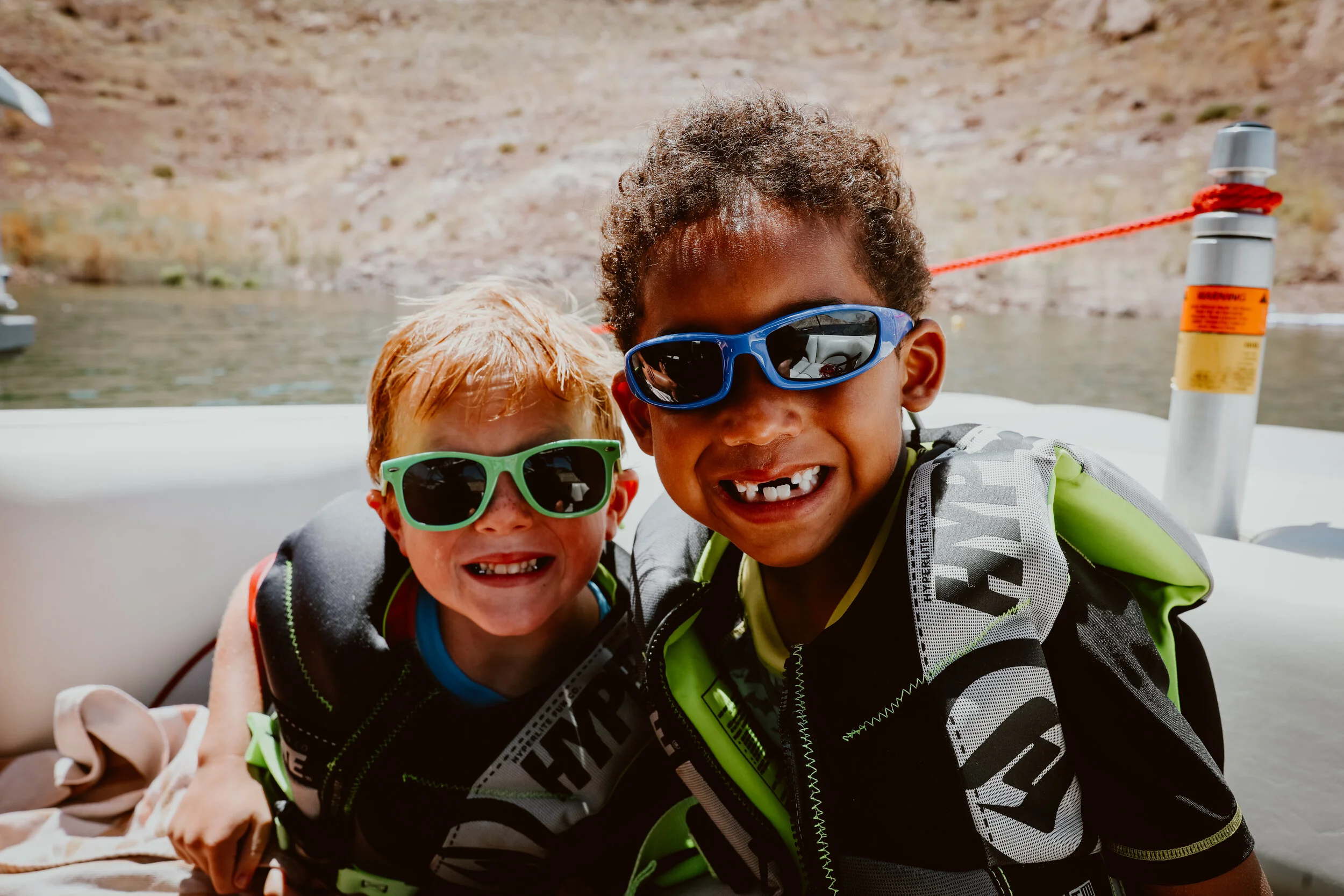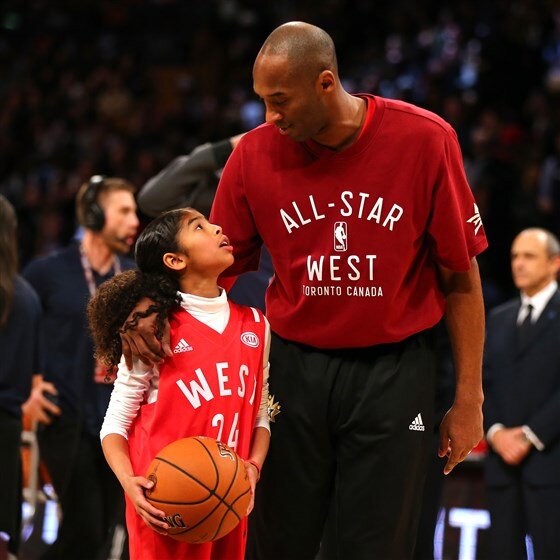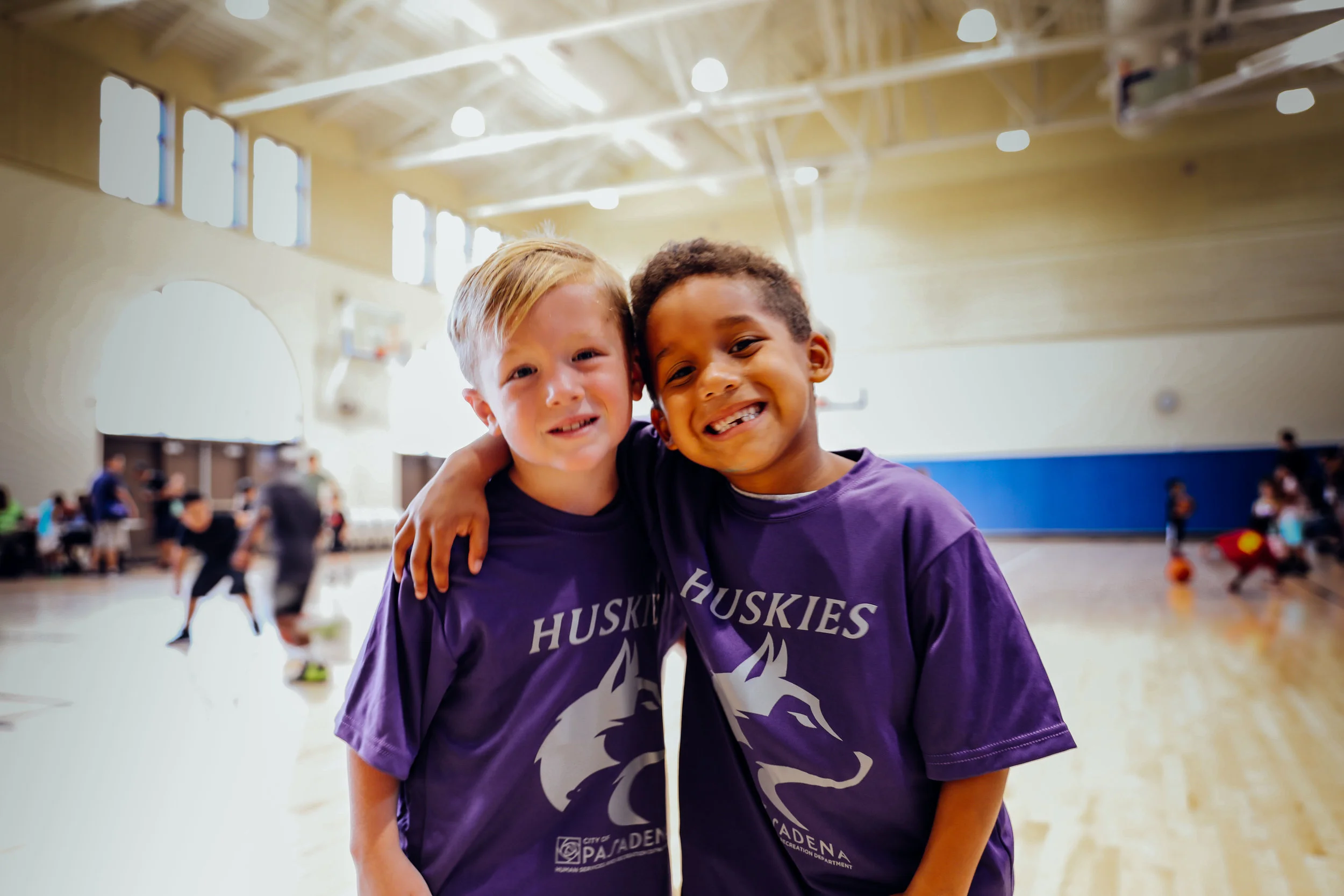To Know it all, is to Know Nothing
/I was talking to a friend a while back who’s 15-year-old son was NOT studying for his permit test. He didn’t want to keep taking practice tests because “he knew everything already!” That is of course if “knowing everything,” means that he could get all 10 answers right on the aforementioned practice test after checking 5 with Google and a few with Dad, then yes, he knew everything! Especially since driving is summed up in 10 simple questions.
In the middle of all this teenage swagger came a beautiful moment of truth.
“Dad, what does this sign even mean?! I’ve never even seen one before!” His dad looked at the road sign. It was a white rectangle that said in big bold letters, “DO NOT PASS.”
My friend paused for a second, mostly to gather himself from laughing in his son’s face, and said, “It means, ‘Do not pass’.”
“Well that is dumb! Why would they make a road and then tell you not to pass the sign?!”
“Son,” he says with a light giggle, “It means that you are not supposed to pass other cars on the road. They are usually on two-lane highways and things like that so you don’t move into oncoming traffic to pass.”
Without a beat, or any acknowledgement of HOW FAR OFF he was, the automated response of a teenager burst forth, “Oh, I knew that!” and back he was to that studying that he “didn’t need.”
We can laugh a little at that, but our experiences dictate much of our knowledge, and we don’t know what we don’t know, until we know that we don’t know it. (go ahead and re-read that last sentence).
How we act when we don’t know something is key in our ability to grow and learn. It also impacts our ability to have and maintain relationships.
We are most dangerous when we think we know everything. We can become our most ignorant, blind, foolish, and dangerous self when we know before we listen. I am trying to train myself to take the response, “I know” out of my vocabulary. Responding with “I know” is a way to cut off conversation, make someone feel stupid, or try to cover up personal feelings of stupidity. There are far more creative responses that can communicate your understanding of content and still add to the flow of a conversation, encourage a person’s contribution to a topic, or bring out more insights. Responding with, “Where did you hear that?” could lead to finding out the title of a good book, a personal connection, or an interesting hobby of the communicator.
Responding to that person who constantly reminds you about things? Respond by repeating back to them the part that is most important to THEM, or a commitment to do the thing they are reminding you to do.
Did you get something totally wrong? Own it, laugh at yourself a little, take yourself a little less seriously. Feel stupid every once in a while, it is great character building!
Always be humble enough to listen without having to know first. The saying is true, people don’t care how much you know until they know how much you care. So spending a little time to hear people out can pay huge dividends both in what you learn about people and what you learn from people. And if you really are the smartest person in the room, well guess what, you shouldn’t have to tell people.
